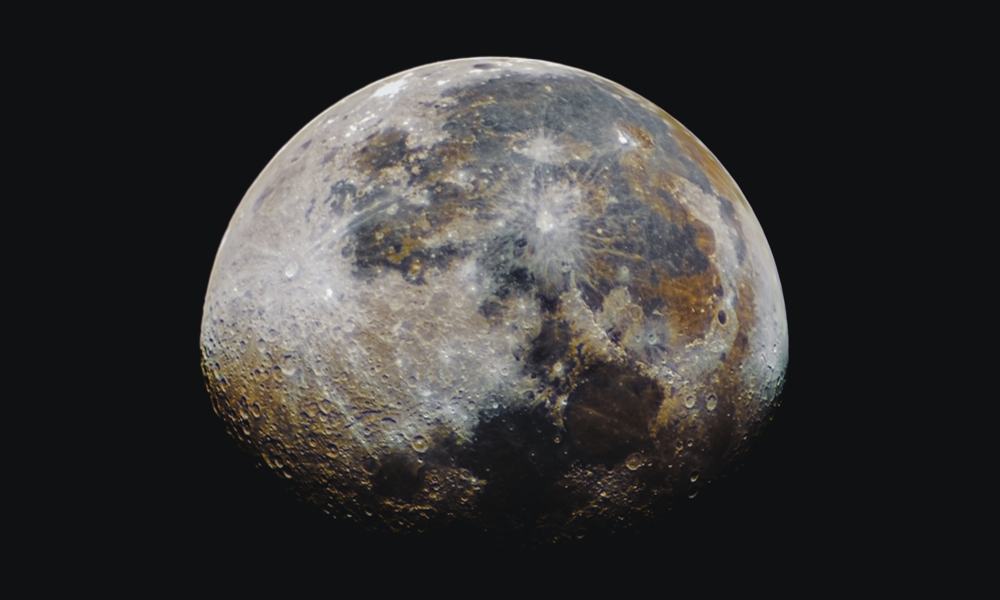
PROJECT TITLE: On-Board Data Flow Simulator — ODAS
Coordinator: Institute of Space Science (ISS)
Partners: –
Period: –
Project director: Dr. Lucia A. Popa
Project team: –
Description: The goal of the project is to develop, implement, test and validate a self-standing flight software package (FLSW) aiming to simulate the flow of scientific and slow control data for an on-board scientific instrument.
The final application, On-Board DAta flow Simulator (ODAS), will run on a Data Processing Unit (DPU) emulated by the LEON3 processor qualified for space foreseen to be used by the future ESA science space missions such Euclid (M-class) and Athena XMS (L-class).
Project objectives:
O1. Generation of Simulated Input Data
- O1.1 Raw Science Data Simulation: Raw-Sci-Data are simulated in compliance to Euclid Mission requirements regarding wavelength range, wavelength accuracy, spectral resolution, survey depth, detection efficiency and spatial resolution using the parallel computing facility from ISS. For some data sets simulated errors are introduced (detector possible defects as dead or hot pixels, etc.), in order to check the software ability to identify anomalous hardware functionalities.
- O1.2 Slow Control Data Simulation: TC data exchanged by DPU with ROEs and ICU/SVM will be simulated in accordance with the ESA standards. HK data will contain information related to the state of the instrument (like sensors temperature measurements, the detector polarization voltages, the orientation coordinates of the instrument, nominal power sources, etc.)
O2. ODAS’s product design
- O2.1 Flight SW design (including test & validation):
-Receive the science data blocks
-Perform raw science data processing (e.g. removal of the pedestal
-Perform lossless compression of data blocks to reduce their size;
-Perform the decompression of the data
-Packets the data blocks following the ESA and ECSS standards;
-Deliver the packetized data to MM- U from SVM.
- O2.2 HW design
Activities:
- WP1.1 Management and Reporting
- WP1.2 PA/QA
- WP2.2 Slow Control Data Generation
- WP2.1 Science Data Generation
- WP3.1 Requirements Identification
- WP3.2 SW Design
- WP4.1 SW Implementation
- WP4.2 SW/HW Integration
- WP4.3 Integrated Tests
Contributions to the STAR programme objectives: –
Homepage: ODAS
